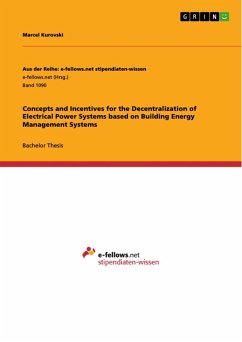Seminar paper from the year 2008 in the subject Engineering - Industrial Engineering and Management, grade: 1,3, Vrije University Brussel (Solvay Business School), course: Advanced Technology, language: English, abstract: The magnetic levitation train analysed in this study was developed in Germany by the Transrapid International GmbH & Co. KG, a joint venture by Siemens AG and ThyssenKrupp AG, as a means for high speed transportation. First prototypes were presented to the public as early as 1969 and 1979, yet, the first public high-speed maglev track was opened only four years ago in Shanghai, China. Despite the fact that businesspeople like engineers from all sorts of backgrounds speak very highly of the technology, the Shanghai track remains the only commercially operated one thus far.1 Purpose of this paper is to analyse the potential of the maglev train, to assess its strengths and weaknesses, and to spot opportunities as well as threats to the application of this state-of-the-art - or perhaps ahead-of-its-time - technology.
Dieser Download kann aus rechtlichen Gründen nur mit Rechnungsadresse in A, B, BG, CY, CZ, D, DK, EW, E, FIN, F, GR, HR, H, IRL, I, LT, L, LR, M, NL, PL, P, R, S, SLO, SK ausgeliefert werden.









